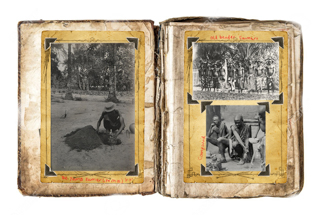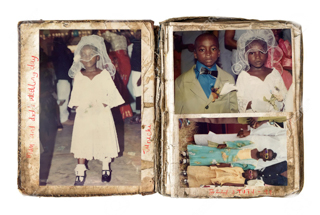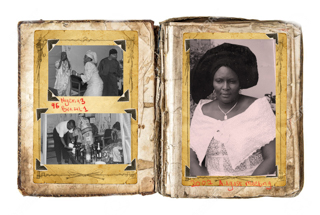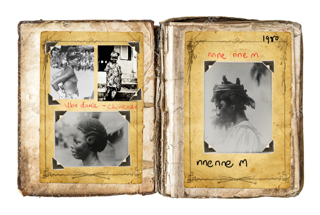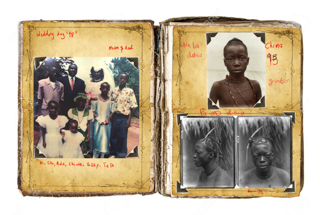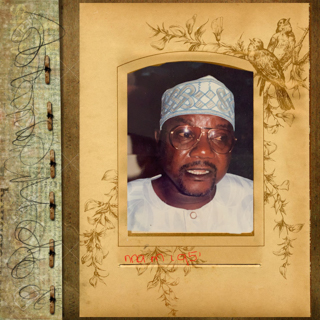Onyenaturuchi Ogbonnaya
Ije
In this video piece,
For years I have thought of myself as an ogbanje, because my mom always thought of me as one. But with this word comes negativity. In my Igbo culture, ogbanje is always used as an insult. It could mean you are a possessed child. It could mean you are abnormal or an outsider. Growing up in a small village in Nigeria and born into an Igbo family, I realize now that I was too close to question what it truly means to be Igbo or an ogbanje. It is a privilege to be Igbo and now I am also proud to consider myself an ogbanje.
Through my diaspora as an immigrant in the United States, it has given me the space to delve deeper into my ancestry, heritage and the complexities of my identity. My exposure to the Western world has made me question things I never thought to ask.
Why am I Black here and not in Nigeria?
Why does where I come from matter so much?
Why does language define me?
How does my new understanding of my culture compare to my family’s views? Have I changed?
Throughout this project, I am getting to know my own culture better in an intriguing manner by someone I trust to guide me through the path - my father. We have had loads of conversations about the importance of language and how it is so much a part of who we are. Our Igbo culture is rooted in it.
Orji known as kola nut is used by the Igbos during libation as a means of prayer and to also communicate with our ancestors. oji anaghi Anu asusu bekee' (The kola nut does not understand english because our ancestors do not understand it). Where do I belong and why was the fate of an ogbanje one that was rejected by both the spirit world and the human world? I cannot help but see myself as an ogbanje; as someone who is stuck in-between worlds: between my Nigerian home and the West; between my culture and this new influence. I willfully fight to hold on to the beliefs of my native culture because I have a fear of forgetting and being worlds apart from home. I refuse to fully give myself to the western world because it feels like colonization all over again.
This project is important to me because through it I have given myself the space to celebrate my Igbo roots. Living in diaspora and forgetting where I come from is a fear that drives my creativity. It is also about recently discovering archives, documentation about Igbo people and Nigerians from the Western gaze. I cannot see myself within this archive of images. I want to make work where I can see myself and my people by reclaiming words, our history, and creating new imagery. Igbo people have their own words, their own language and concepts I relate to and some of these words have no translation to western culture. I like this because some things are better that way.

